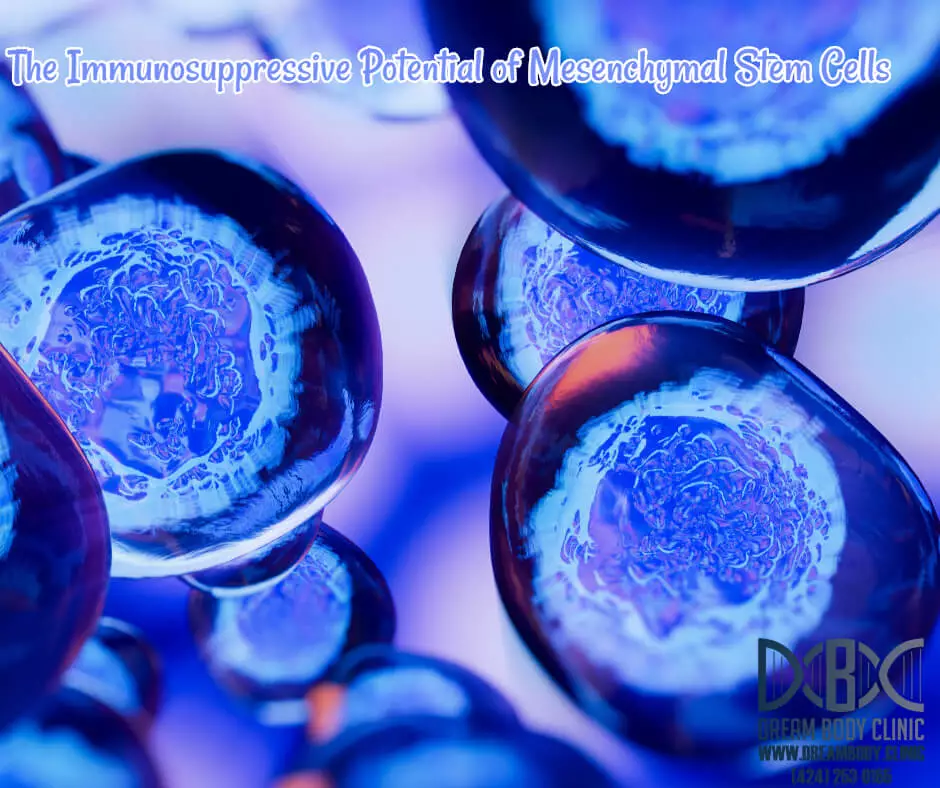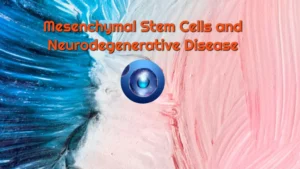The immunosuppressive potential of mesenchymal stem cells has been extensively investigated in many studies in vivo and in vitro. In recent years, a variety preclinical
and clinical studies have demonstrated that mesenchymal stem cells ameliorate immune-mediated disorders, including autoimmune diseases. However, to date
mesenchymal stem cells have not become a widely used therapeutic agent due to safety challenges, high cost and difficulties in providing long term production. A key mechanism underpinning the immunomodulatory effect of MSCs is the production of paracrine factors including growth factors, cytokines, chemokines, and extracellular vesicles (EVs). MSCs derived EVs have become an attractive therapeutic agent for immunomodulation and treatment of immune-mediated disorders. In addition to many preclinical studies of MSCs derived EVs, their beneficial effects have been observed in patients with both acute graft-vs.-host disease and chronic kidney disease. In this review, we discuss the current findings in the field of MSCs derived EVs-based therapies in immune-mediated disorders and approaches to scale EV production for clinical use. Keywords: extracellular vesicles, microvesicles, immunosuppression, autoimmune diseases, multiple sclerosis, transplant rejection, type 1 diabetes, graft-vs.-host disease
INTRODUCTION
Mesenchymal stem cells (MSCs) bear great potential not only in regenerative medicine, but the also interfere with different pathways of the immune response and exhibit immunomodulatory activity (1, 2). Preclinical and clinical studies both indicate that MSCs have immunosuppressive activity, including suppression of T- and B-cell proliferation, modulation of regulatory T cell function maturation and activation, antigen presentation by dendritic cells, decrease secretion of proinflammatory cytokines and cytotoxicity (3). Up to now MSCs have been exploited in 67 clinical trials (http://clinicaltrials.gov/; accessed April 2019) of inflammation-associated diseases, autoimmune diseases and transplant rejection (Supplementary Table 1). The accumulating evidence supports MSCs producing a strong paracrine action on neighboring cells through a broad range of growth factors, chemokines, cytokines and extracellular vesicles (EVs) (4). EVs are a heterogeneous population of spherical membrane vesicles, containing biologically active cargo ofmolecules (proteins, lipids,mRNA,microRNA, siRNA,miRNA, ssDNA, dsDNA) deliverable to target cells (5, 6). Due to the fundamental function of EV—mediation of intercellular communication, they are involved in numerous physiological and pathological
processes and pathways (7). MSCs derived EVs have been used to recapitulate some of the biological activity of parent cells, including stimulation of regeneration in models of renal, heart, liver and nervous tissue injury (8–12) a function which is arguable the most prominent function of MSCs. Due to the genetic instability (13), undesired differentiation (14, 15), and pulmonary embolism risks (16), the application of MSCs in a clinical setting is restricted. Cell-free therapy based
on EVs offers a promising alternative to stem cell-based therapy for inflammation-associated diseases, autoimmune diseases, and
transplant rejection (17–19). A caveat in pursuing EVs for clinical therapeutic applications has been the difficulty of producing sufficient yield. Therefore, in parallel with investigation of biological activity and therapeutic efficacy, approaches to scale EV production are also underway (17, 20, 21). Large scale EV production research aims to
generate an industrially feasible approach that retains clinicalgrade purity. As well as alternative approaches to isolate other EV-like and larger particles (21–23). MSCs derived EVs are a promising therapeutic instrument which have advantages over cell therapy. In this review, we focus on the recent findings of therapeutic application of MSCs derived EVs for the treatment of immune-mediated disorders and the perspective application of different methods for large
scale EVs production.



